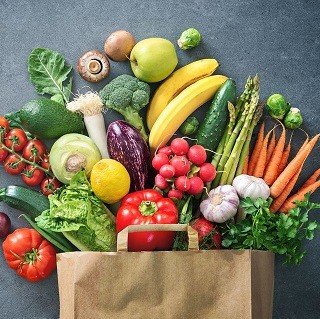Syngenta Group Co. Ltd launches New Syngenta Group – global agtech market leader
New Group, headquartered in Switzerland, brings together Syngenta AG, ADAMA and agricultural activities of Sinochem
Syngenta Group Co. Ltd., announced on Thursday the official launch of Syngenta Group, a new global leader in agricultural science and innovation. Under a single entity, it unites the strengths of Syngenta AG, headquartered in Switzerland, ADAMA, based in Israel, and the agricultural businesses of Sinochem, based in China. The new entity, headquartered in Switzerland, has 48,000 employees in more than 100 countries, and had sales of US$23 billion in 2019.
From its inception, Syngenta Group is the global market leader in crop protection, the global number three in seeds, the market leader in fertilizer in China and, with its Modern Agriculture Platform (MAP) Farmer Solution Centres, the leading agriculture services provider in China. It offers comprehensive agronomic solutions and digital agricultural services. With 15 key production sites the Group has strong capacity to supply farmers with the solutions they need. The Group’s mission is to deploy scientific innovations, technologies, and services to help farmers sustainably provide the world with better food, feed, fiber and fuel, while conserving resources and protecting the environment.
The new Group places a high value on ethics and integrity, seeking to create value for all its stakeholders – farmers, employees, suppliers and society. “Our sustainability as an enterprise depends on the health of the soil and the environment as a whole,” said Fyrwald. “We measure our success not just by our business performance, but by the benefits we bring to farming and the environment.”
The people of Syngenta Group are sharply aware that today’s farmers face a wide range of challenges, including climate change, soil degradation, plant diseases and the urgency to achieve greater sustainability and biodiversity. The Group’s businesses offer the tools required to address these challenges – enabling them, despite weather extremes, to grow better crops reliably and economically and to feed the world safely, sustainably and with respect for the planet.
The Group’s approach is embodied in its Good Growth Plan, in which its commitment to the Sustainable Development Goals of the United Nations is firmly anchored. In late June 2020, Syngenta Group will announce its new Good Growth Plan. This will be the Group’s first major initiative after its launch and will address the shifting challenges faced by farmers around the world and society’s changing expectations of agricultural technology and sustainability.
New Group, headquartered in Switzerland, brings together














